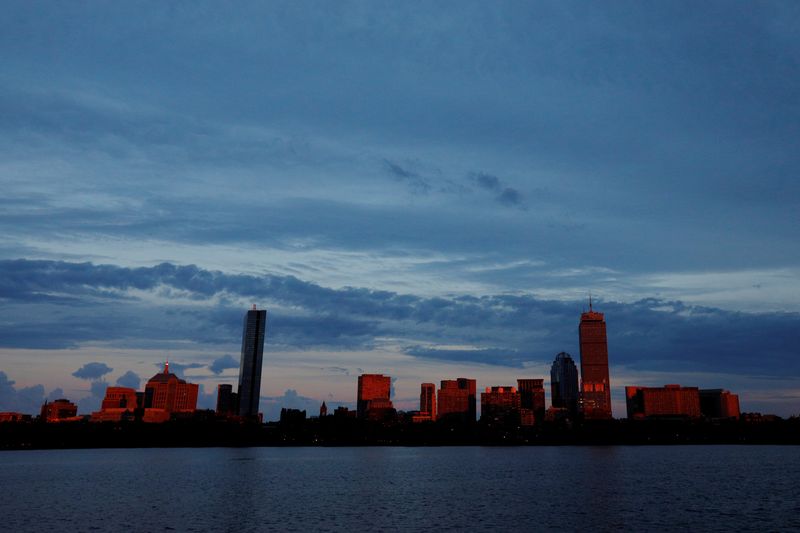By Nate Raymond (NS:RYMD)
(Reuters) -The U.S. Supreme Court declined on Monday a chance to further restrict efforts to promote racial diversity in education, turning away a case over whether criteria that had been used to decide admissions to elite public high schools in Boston discriminated against white and Asian students.
The justices decided not to hear an appeal by a coalition of parents and students, represented by a libertarian legal group, of a lower court's ruling upholding the legality of the policy, which was used for just one year during the COVID pandemic. The plaintiffs had argued that the policy violated the U.S. Constitution's 14th Amendment promise of equal protection.
Two of the Supreme Court's conservative members, Justices Samuel Alito and Clarence Thomas, dissented from the court's decision to decline to hear the appeal.
The policy at issue, since replaced, involved admissions criteria for certain Boston high schools, including Boston Latin School, which was founded in 1635 and is the oldest public school in the United States.
On its face race-neutral, the policy set up admissions quotas based on where applicants lived - postal zip codes - and then ranked them based on family income and grade-point averages. It was put in place after city officials had discussed the need to rectify racial inequities in admissions.
The ruling by the Boston-based 1st U.S. Circuit Court of Appeals against the plaintiffs came six months after the U.S. Supreme Court, in a decision powered by its 6-3 conservative majority, rejected race-conscious college and university admissions policies long used to raise the number of Black, Hispanic and other minority students on campuses.
The plaintiffs asked the Supreme Court to take up the case to shut down a "virus" that officials could use to evade the affirmative action ruling.
Alito, in his dissent on Monday that was joined by Thomas, said the disputed policy in Boston amounted to "racial balancing by another name and is undoubtedly unconstitutional."
The Boston School Committee adopted the policy at issue in the lawsuit and shifted from exam-based admission standards for three selective schools in 2021 after the pandemic prevented the administration of an entrance exam.
Before the change, white and Asian American students made up 60% of the students offered admission, even though citywide, Black and Latino students made up 71% of the school-age population citywide. After the change, white and Asian American students made up 49% of the students admitted.
A group called the Boston Parent Coalition for Academic Excellence sued, saying that the policy illegally favored Black and Latino applicants and discriminated against white and Asian ones.
But the 1st Circuit upheld a judge's ruling rejecting those arguments. By then, the Supreme Court had ruled on race-conscious college admissions policies, but the 1st Circuit said that decision did not render unlawful Boston's use of socioeconomic factors as a tool to increase diversity.
Amid the litigation, the city abandoned that admissions process in favor of a new system based on grade-point average, an exam and where the applicant lives.
The plaintiffs persisted with the lawsuit even after the policy was changed.
The suit was filed on behalf of five children who the plaintiffs said were denied admission to the three schools in 2021 despite having higher grades than some students in other zip codes who were admitted. They alleged the policy discriminated against Asian-American and white students.
The plaintiffs were represented by the Pacific Legal Foundation, which pursued a similar case challenging a facially race-neutral admissions policy at Thomas Jefferson High School for Science and Technology, an elite Virginia public high school.
The Supreme Court in February declined to hear an appeal of a ruling by the Richmond-based 4th U.S. Circuit Court of Appeals upholding the Virginia school's admissions system. Alito and Thomas also dissented from that decision.

Pacific Legal Foundation lawyer Christopher Kieser on Monday expressed disappointment that the Supreme Court declined to take up the Boston case appeal.
"Every student should have an equal opportunity to succeed based on their merit, not where they live or the color of their skin," Kieser said.